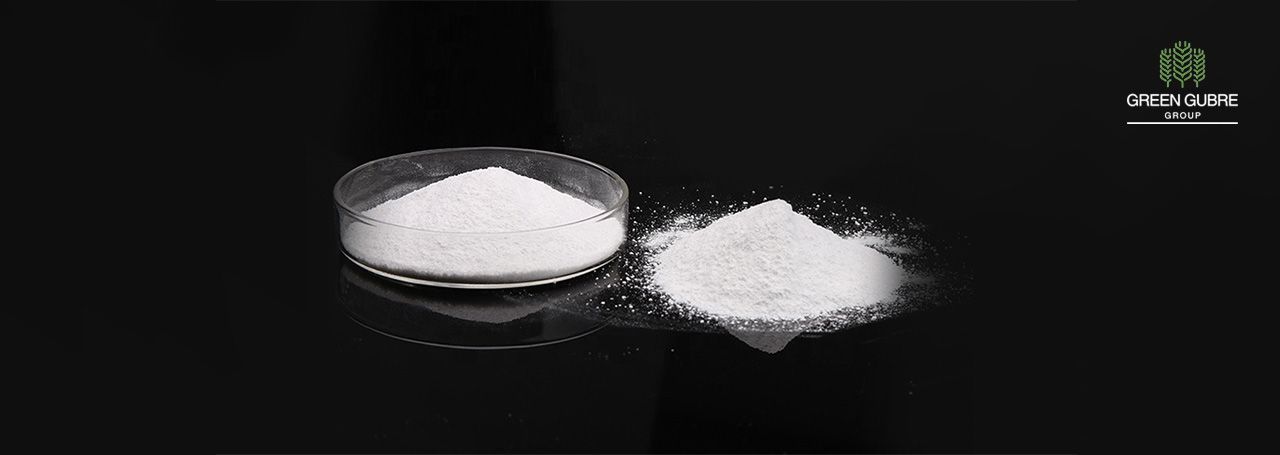Urea's Critical Role in the Petrochemical Industry
The Role of Urea in the Petrochemical Industry

While urea is well-known in agriculture, it also plays a crucial role in the petrochemical industry. This blog post will explore how urea is utilized in various petrochemical processes and its significant contributions to this sector.
Industrial Applications of Urea:
Urea is a versatile compound used extensively in the production of resins, plastics, and adhesives. It serves as a building block for many chemical processes, making it indispensable in the petrochemical industry.
Production of Melamine:
Urea is a key ingredient in the production of melamine. Melamine is used to manufacture laminates, glues, and molding compounds, which are essential materials in various industries. The synthesis of melamine from urea demonstrates urea's importance in creating high-demand petrochemical products.
Urea as a Reducing Agent:
In the petrochemical industry, urea is used as a reducing agent in selective catalytic reduction (SCR) processes. This process helps reduce nitrogen oxide emissions, contributing to cleaner air and environmental sustainability. The use of urea in SCR systems highlights its environmental benefits and its role in promoting sustainable industrial practices.
Environmental Benefits:
Using urea in industrial processes can help reduce environmental impact. Its application in SCR systems to lower nitrogen oxide emissions is a prime example of how urea contributes to greener industrial operations. Additionally, urea's role in producing eco-friendly materials like resins and plastics further underscores its environmental significance.
Urea's versatility extends beyond agriculture, playing a vital role in the petrochemical industry. Its applications in producing essential materials, reducing emissions, and promoting sustainability make it an indispensable component in this sector. Understanding urea's contributions to the petrochemical industry highlights its importance in both industrial applications and environmental sustainability.




